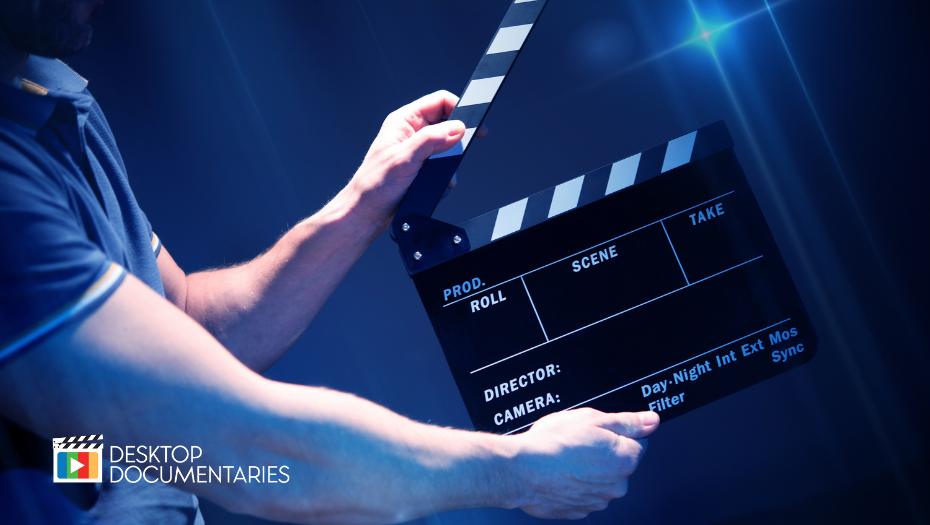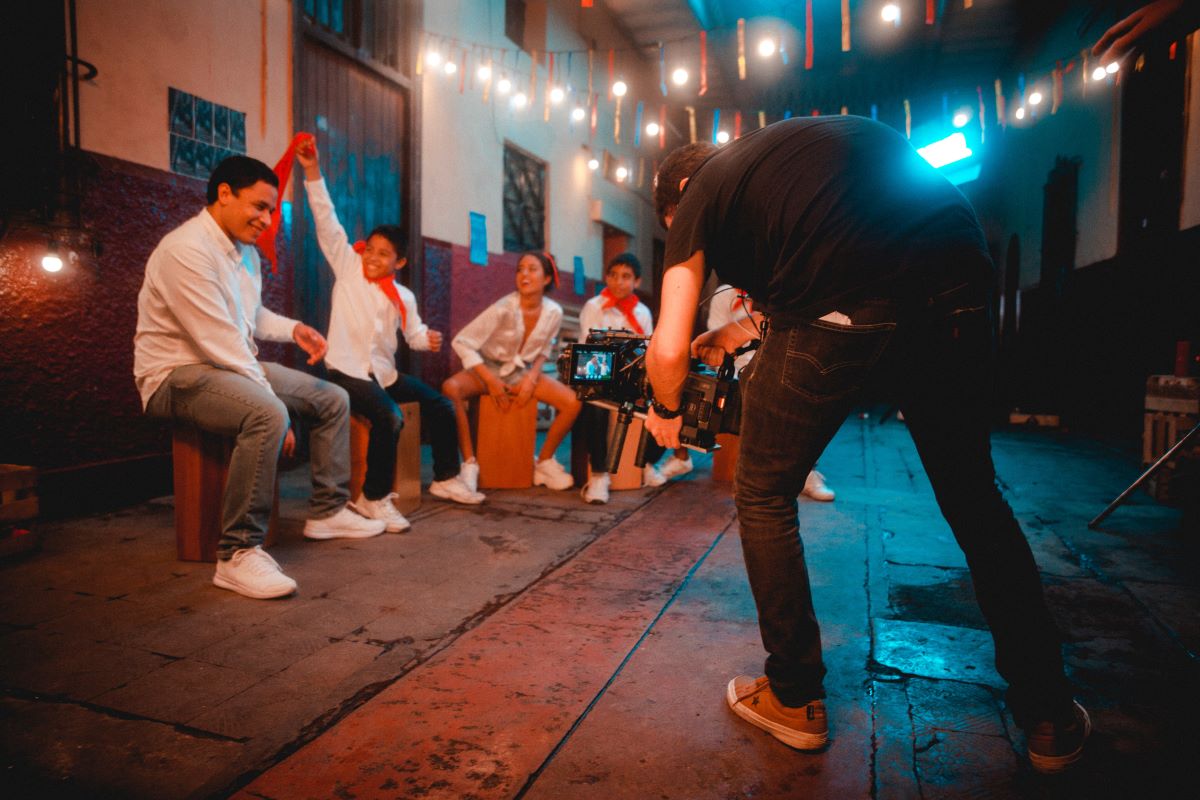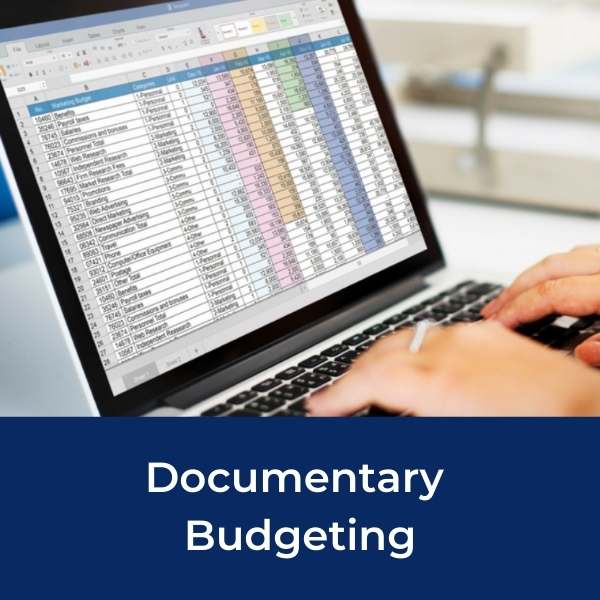Top 10 Documentary
Fundraising Tips
Strategies, Tips and Advice To Help You Win Funding

Post by: Faith Fuller, Publisher
Desktop Documentaries
Documentary Fundraising Tips:
Are you baffled by the fundraising process? Are you struggling to raise even $100 or $1,000?
You're not alone! Even the most successful and talented filmmakers struggle with this one area of the filmmaking profession.
But if you need money to hire a crew (including yourself), buy gear, distribute your film or travel to far off destinations, fundraising is a MUST-HAVE skill!
There is no exact science to fundraising for a documentary project. However, there are some basic concepts you can keep in mind during the process.
How To Create A Documentary Pitch Deck (with Examples)
How To Create An ACCURATE Documentary Budget (Do's and Don'ts)
Crowdfunding Strategies: How We Raised $40,915 In 35-Days For Our Documentary
Top 10 Documentary Fundraising Tips
- Even if your entire budget is $250,000 never ask for that. Don’t even mention it! Big numbers overwhelm most people and it’s hard for them to understand where all that money is going. Start your fundraising with small amounts for a specific purpose.
- Move forward with your documentary even if you don’t have money! It’s easier for people to join something that’s already happening than to feel like the project succeeds or fails because of them. So start filming, keep filming and people WILL come forward to help you.
- Raise money for your project one segment at a time. Start with what you need RIGHT NOW. If you need $5,000 to produce the trailer and get the website going, then raise money for that first! Then ask for your next $5,000 to shoot your first interviews. Then $10,000 for the re-enactments. People respond to a specific amount of money for a specific purpose.
- People are more important than money. Show an interest in their lives and who they are as people FIRST. Make sure your project is a natural fit with their core values and beliefs before asking someone for a donation.
- Research! Know how much an individual or organization is capable of giving and ask for an appropriate donation. Your college buddy might be able to give $20, whereas your businesswoman aunt could give $1,000. Same with foundations. Research their past giving to know how much is an appropriate amount to ask for.
- Engage potential donors FIRST, then ASK. There's a saying among fundraising professionals: “If you ask someone for money, they'll give you advice. If you ask for advice, you'll get money.”
- Focus on personal relationships. It’s great to get money from foundations and the government, but those groups often have complex bureaucracies and a lot of time can be eaten-up on paperwork. Time is often much better spent developing personal relationships with people who are already passionate about your cause and convincing them your project is worth supporting.
- Understand this: People feel good when they give. There is actually science behind this – studies have shown that endorphins are released at even the “thought” of doing something good. So when you ask someone for money for a good cause, you are actually giving them the opportunity to feel good! I highly recommend a book by fundraising expert Douglas Lawson called Give to Live: How Giving Can Change Your Life
- Communicate even when you don’t need money and build relationships for the long-term. In general, communicate 5-10 times for every one time you ask for money.
- Pitch your project one-on-one (let your passion shine through). When asking for large sums of money ($1,000 and above), set up a meeting in advance with the prospective donor and explain the project in your own words -- either in person or on the phone. Let them hear how passionate you are about the project. This is where having a fantastic trailer, a documentary budget and a documentary pitch or proposal can help show your level of commitment to the project and what kind of work you are capable of.
Those are some top documentary fundraising tips.
Want to get started raising money right away? Learn how to create an award winning pitch with our budgeting, pitching and fundraising templates and resources.
Documentary Budget and Pitch Deck Templates
Five BONUS Documentary Fundraising Tips
- Sending letters and e-mails are fantastic ways to fundraise, but in general, use those tools to communicate about your project and stay in touch with people. For the actual ask for money, especially big money, call or make a personal visit. People need to “see”, “hear” and “feel” your passion for the project... in your own words.
- As soon as you make the ask for money, shut up and listen. Don’t say, “Can you give me $5,000 to help me shoot these next set of interviews? Um…But if you can’t I understand”. Stop and listen after you ask for the $5,000. People need a few moments to process what you've just asked. Yes, there may be an uncomfortable pause, but let the person you ask give a response FIRST.
- Expand your search. Once you’ve tapped out your own network of people, ask around and look on the internet to find people of means who are already “pre sold” on your cause (ie the subject matter of your documentary). Start figuring out who these people are, their likes and dislikes and whether they might be someone who could support you. By finding out everything you can about them, it will give you clues as to the best way to approach them.
- Keep major donors appraised of the progress/stages of the film, the positive and negative. Be honest. If your proposal stated it would take three months to film re-enactments but it took six months, explain the delay, increase in expenses, etc.
- Individuals often donate for emotional reasons. If you can “move” someone, they are more likely to support you. So tell stories and pull at the heart strings.
Ready to raise some serious cash for your film?
Access our full line of documentary fundraising tools and resources: Documentary Fundraising Templates and Courses.
Documentary Fundraising Tools & Courses
Recommended for You
- How To Create An Accurate Documentary Budget
- How To Survive The Making Of A Documentary
- Documentary Film Grants: What is the Non-Fiction Core Application (And Why It's AWESOME for Documentary Filmmakers)
Documentary Resources
Ready To Make Your Dream Documentary?
Sign up for our exclusive 7-day crash course and learn step-by-step how to make a documentary from idea to completed movie!














